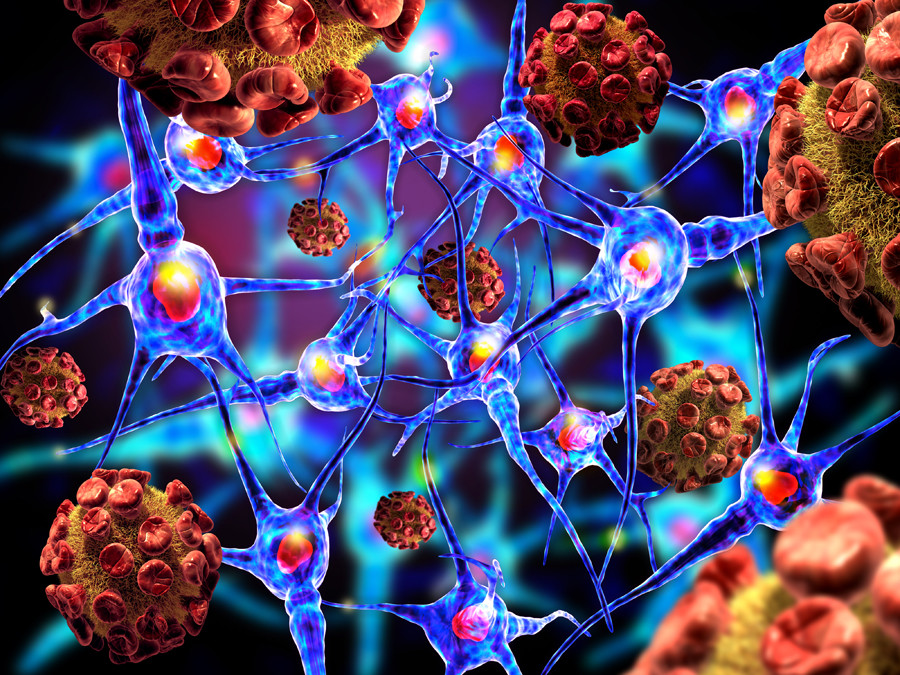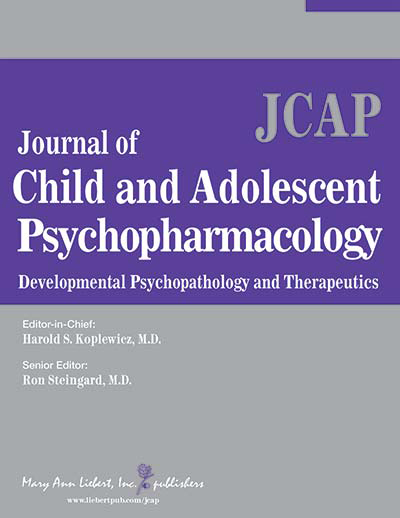Clinical manifestations and IVIG treatment success for PANDAS patients
Study examines Italian patients with serious—severe PANDAS

This article describes the clinical manifestations and IVIG treatment outcomes for a cohort of Italian patients with PANDAS. The study followed 34 patients for a 3-year period. All of the patients, who suffered from a serious-severe form of PANDAS, exhibited at least one psychiatric manifestation (specifically anxiety, enuresis, phobia, oppositional behavior). 1
In addition, patients frequently presented with motor/vocal tics and OCD symptoms such as, “selective feeding, eating refusal, excessive food intake and behavioral disorders such as psychosis, suicidal thoughts, aggression, and self- harm,” according to the authors.
The study found:
- “29 out of 34 children treated with IVIG had noticeable reduction or disappearance of symptomatology for at least one year after the last dose of IVIG.”
- 5 of the 29 children (15%) had only temporary improvement in symptoms (reappearance within 1-6 months) despite three IVIG courses.
The authors concluded that IVIG has been shown to be well tolerated and effective in children with serious-severe type PANDAS and further studies are needed to confirm that IVIG is an appropriate treatment for PANDAS patients.
PANS or PANDAS: Reducing risk of long-term complications
The impact of early diagnosis and prophylactic antibiotics

The early diagnosis and treatment of PANS or PANDAS is important in reducing the risk of a patient developing chronic and disabling neurologic symptoms, according to the findings of a new study by Dr. Fernanda Falcini and co-authored by Dr. Madeleine Cunningham.
The main objective of this study was to document the effect of long-term antibiotic treatment (similar to that used for acute rheumatic fever) on a large cohort of Italian children with PANS or PANDAS. The study included 345 PANDAS and 26 PANS patients.
PANDAS patients received amoxicillin/clavulanic acid for 10-21 days, whereas the PANS patients received treatment according to the causative agent. Patients received antibiotics prophylactically for a minimum of 5 years to prevent subsequent infections. 2
At their 5-year follow-up visit, clinicians reported:
- 75% of PANDAS patients had neurologic symptoms improve (Improvement was reported primarily within 3-5 months of starting treatment);
- 88% of PANS patients had neurologic symptoms improve, typically after 6-12 months of treatment;
- 45% of PANS and PANDAS patients had “infection-related relapses of neurologic manifestations.”
The authors observed, “Long-term antibiotic prophylaxis has resulted in a substantial benefit to reduce neurological symptoms for the majority of PANDAS and PANS patients over a 7-year period.”
This study confirms the value of early diagnosis to reduce the risk of progression to disabling chronic neurologic sequelae in the PANDAS/PANS population.
What is the Cunningham Panel™?
The Cunningham Panel™ is a blood test which measures the levels of circulating autoantibodies and a cell-stimulation assay associated with certain neurologic and psychiatric symptoms. Elevated levels indicate that symptoms may be due to an infection-driven autoimmune dysfunction.
Schedule Your Personal Phone Consultation
Learn more about how the Cunningham Panel™ of tests can assist you in diagnosing treatable autoimmune encephalopathies characterized by abnormal neuropsychiatric behaviors. Schedule your personal phone consultation with a Moleculera Labs clinical staff member by completing the form below.
- Piero Pavone , Raffaele Falsaperla , et al. Pediatric Autoimmune Neuropsychiatric Disorder Associated with Streptococcal Infection (PANDAS): Clinical Manifestations, IVIG Treatment Outcomes, Results from a Cohort of Italian Patients. Neuropsychiatry (London) 2018 8(3), 854–860.2.
- Gemma Lepri, Donato Rigante, Silvia Bellando Randone, Antonella Meini, Alessandra Ferrari, Giusyda Tarantino, Madeleine W. Cunningham, and Fernanda Falcini. Clinical-Serological Characterization and Treatment Outcome of a Large Cohort of Italian Children with Pediatric Autoimmune Neuropsychiatric Disorder Associated with Streptococcal Infection and Pediatric Acute Neuropsychiatric Syndrome. Journal of Child and Adolescent Psychopharmacology. http://doi.org/10.1089/cap.2018.0151








